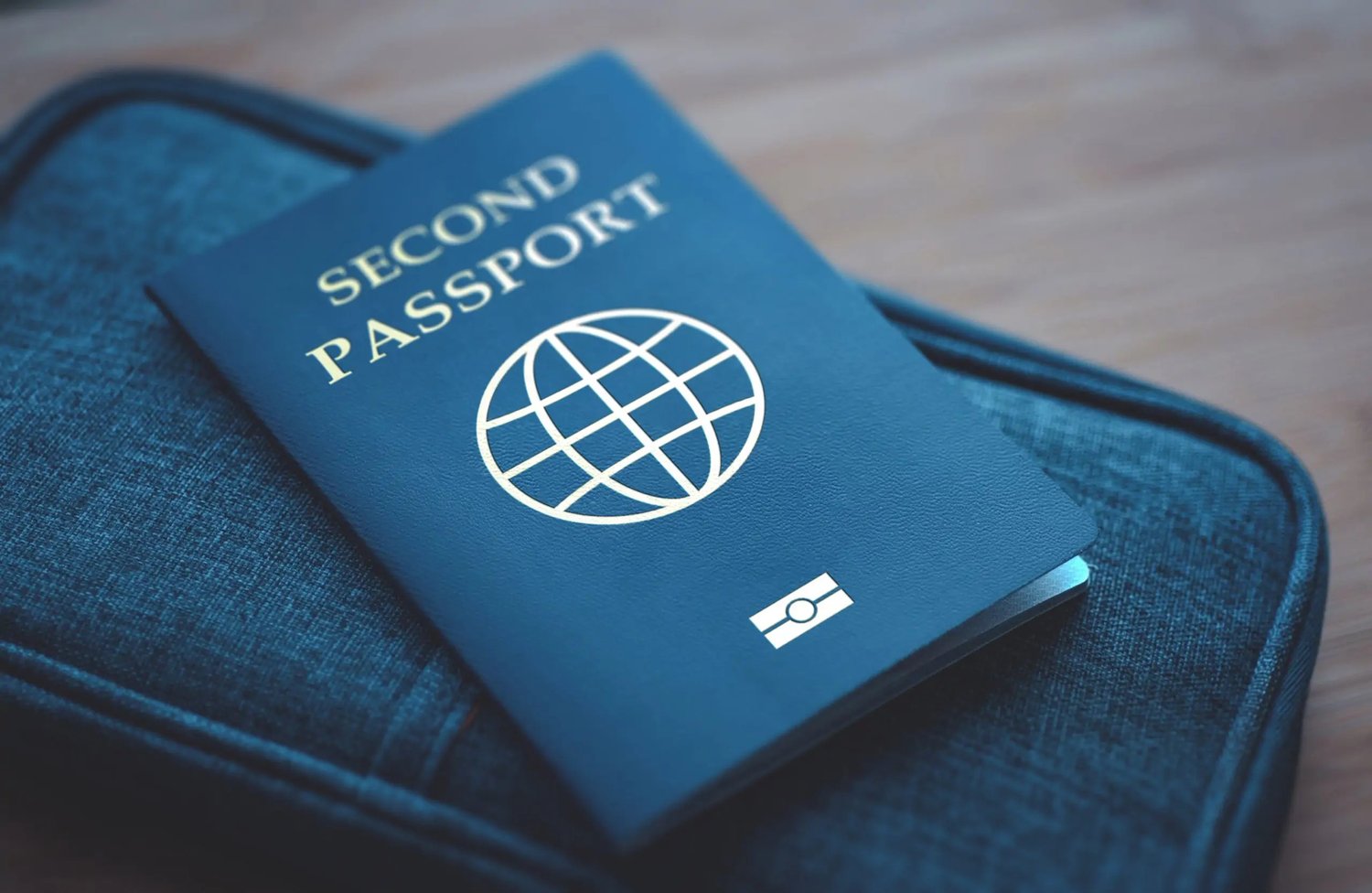The year 2023 has brought forth a unique set of challenges on a global scale. Among these challenges are the rising cost of rent, inflationary pressures, and the unsettling presence of war in certain regions. These factors have spurred a growing interest among individuals to explore alternative options for securing their future and seeking a better quality of life. One such avenue that has gained traction is obtaining a second residency, which enables individuals to relocate to an infrastructure that suits their needs and aspirations.
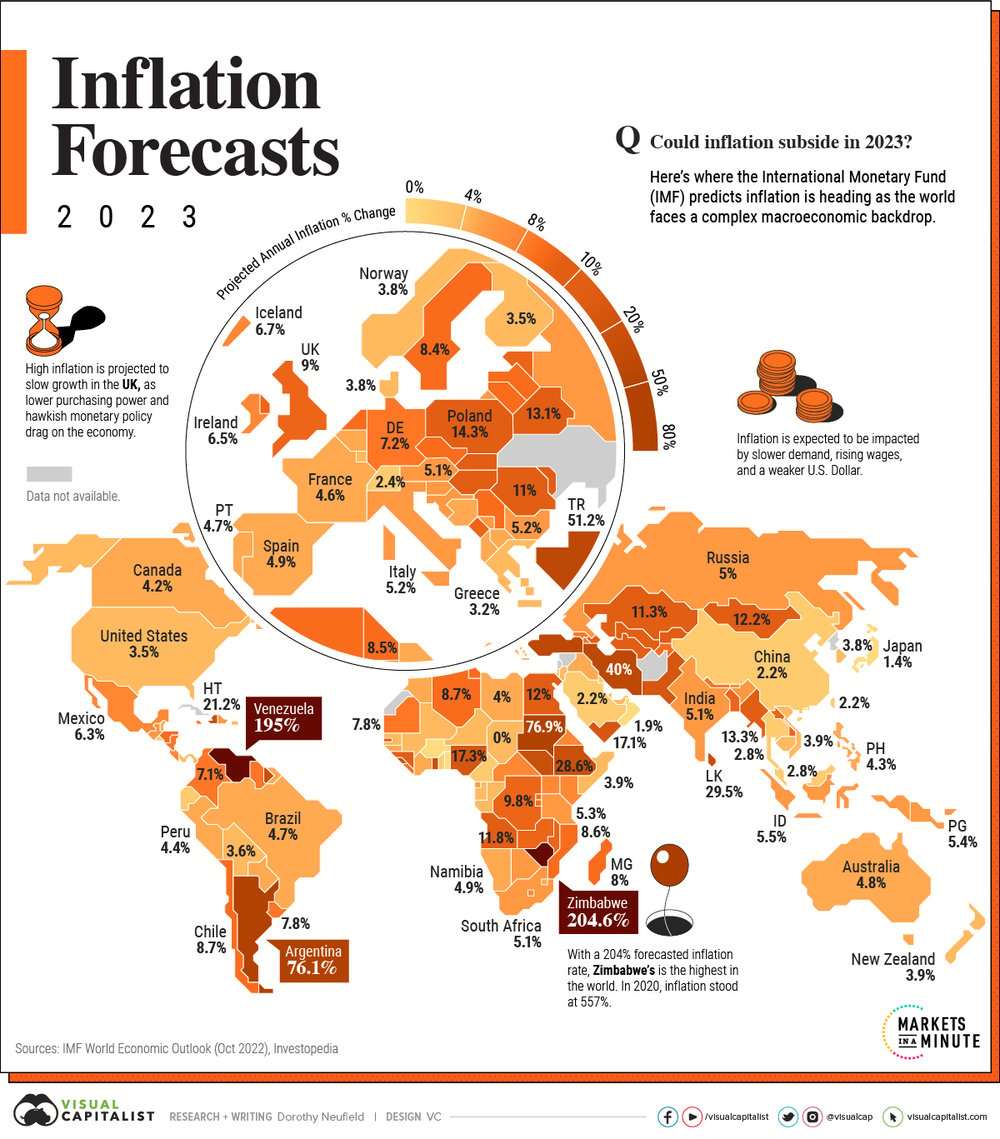
What is second residency?
A second residency refers to the legal status of residing in a country other than one's home country. It allows individuals to live, work, study, or retire in the chosen country while maintaining their citizenship in their home country. Second residencies are often sought after for various reasons such as better quality of life, business opportunities, educational prospects, or political stability.
Obtaining a second residency serve as a pathway towards citizenship in many cases. While the specific requirements and processes vary from country to country, there are generally a few common ways in which second residency can lead to citizenship:
- Residency Period: Many countries have specific residency requirements that applicants must fulfill before becoming eligible to apply for citizenship. This typically involves residing in the country for a certain period of time, often several years.
- Integration: During the residency period, individuals are expected to integrate into the society and demonstrate their commitment to the country. This may involve learning the local language, adapting to the culture, and participating in community activities.
- Contribution: Some countries offer a pathway to citizenship through investment or economic contributions. This could include making substantial financial investments, starting a business, or creating employment opportunities for locals.
- Naturalization: After meeting the residency and other requirements, individuals may apply for naturalization, which is the legal process of becoming a citizen of a country. This usually involves submitting an application, undergoing background checks, and taking a citizenship test or interview.
Hardest Second Residencies to Get:
🇨🇭 Switzerland
Known for its high standards and stringent requirements, obtaining residency in Switzerland can be a challenging process. Foreigners can get a Switzerland residence permit by paying a lump-sum tax per year. This permit is for financially independent persons without the right to work in the country, meant for investors and their family to move to the country but managing capital or business in another country.
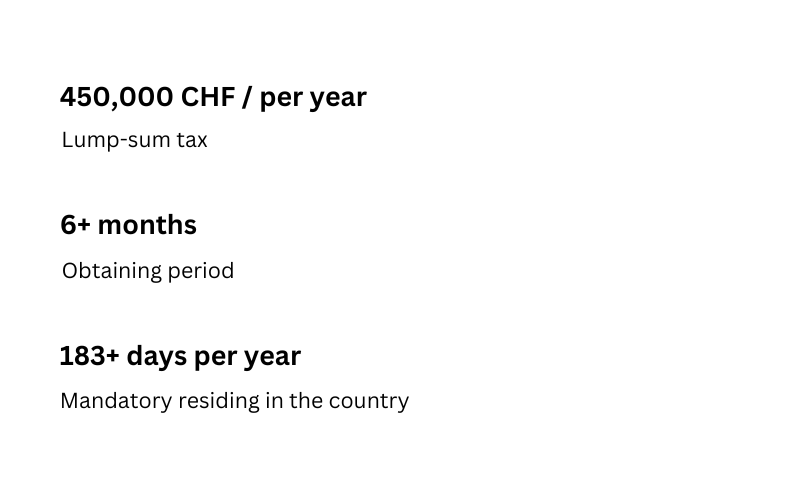
🇸🇬 Singapore
Singapore's residency process is known for its rigorous evaluation and limited number of available permits. It requires applicants to possess exceptional skills, relevant work experience, and a strong financial standing.
Tech Pass gives the applicant the flexibility to work for multiple companies:
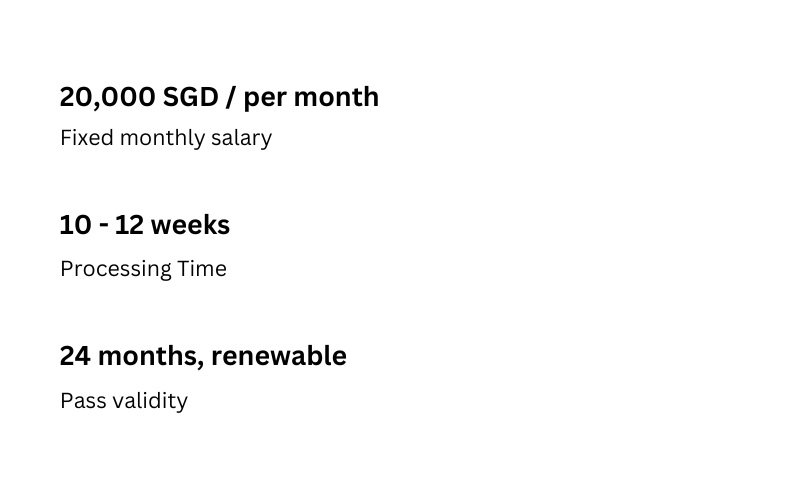
The Entrepreneur Pass (EntrePass) scheme is designed for foreign serial entrepreneurs, high calibre innovators or experienced investors who wish to start a business and relocate to Singapore.
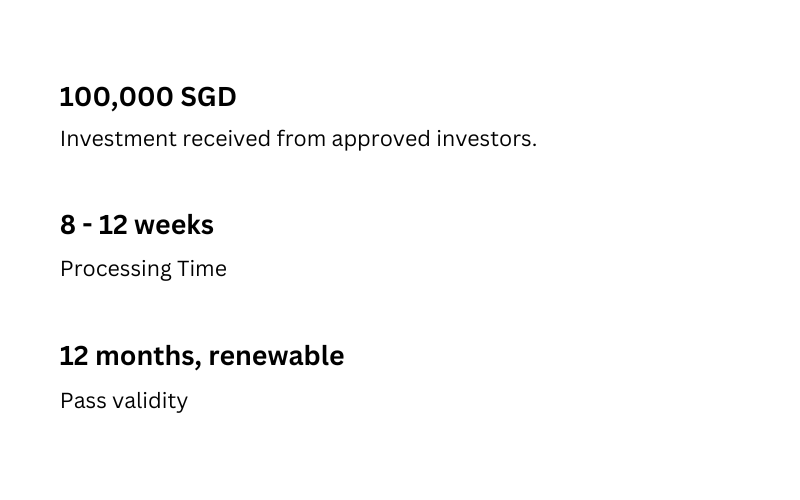
Other countries to get residency on our list are Australia and United Kingdom.
Australia's immigration system has become increasingly selective, with stringent points-based evaluations for residency applications. Factors such as age, education, language proficiency, and work experience are considered, making it one of the more challenging second residencies to obtain.
As for the UK, with the changes brought about by Brexit, securing residency in the United Kingdom has become more complex. The introduction of the Points-Based System requires meeting specific criteria related to skills, qualifications, and sponsorship, making it a challenging process for many.
Easiest Second Residencies to Get:
🇲🇾 Malaysia: The Cultural Melting Pot of Asia and the Most Livable City for Expats
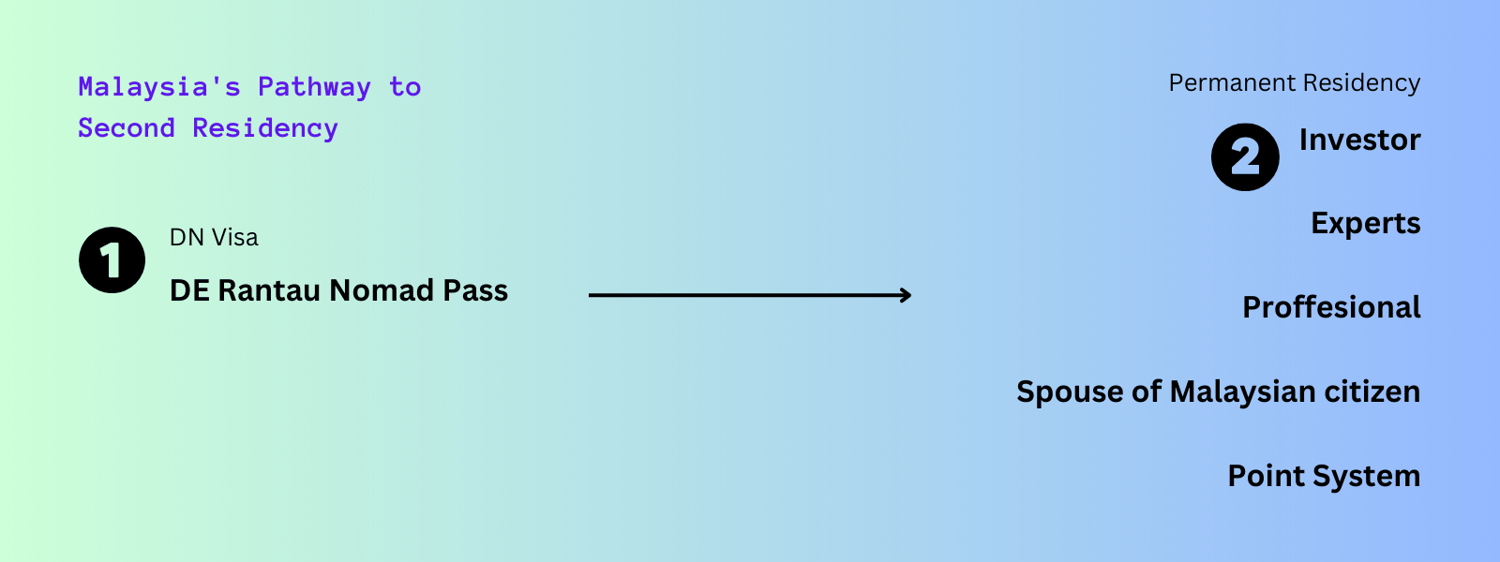
Malaysia, a country that proudly wears its cultural diversity and offers a vibrant home for expats. Known as the most livable city in Asia, Malaysia captivates with its unique blend of traditions, breathtaking landscapes, and affordable living.
One of Malaysia's standout features is its incredibly affordable cost of living. Compared to other destinations, Malaysia provides an exceptional quality of life at a fraction of the cost. This means that expats can enjoy a comfortable lifestyle without breaking the bank.
Beyond affordability, Malaysia boasts modern infrastructure, efficient public transportation, and an excellent healthcare system. These factors contribute to the overall appeal for expats, ensuring convenience and peace of mind in their daily lives.Moreover, the country also has a burgeoning digital nomad and entrepreneurial scene, with co-working spaces and startup communities popping up across the nation. This provides ample opportunities for networking, collaboration, and professional growth
The DE Rantau Nomad Pass, also known as the Malaysia Digital Nomad Visa, offers a unique opportunity for foreign digital nomads to reside in Malaysia for an initial period of 12 months. To qualify for this visa, applicants need to meet a minimum income requirement of $24,000 and are allowed to bring their dependents along with them.
Visa Length: 3-12 months
Possible to extend? Yes
Who can apply? Location independent workers
Minimum Income Requirements: $24,000 per year
Time for visa applications: Up to 4 weeks
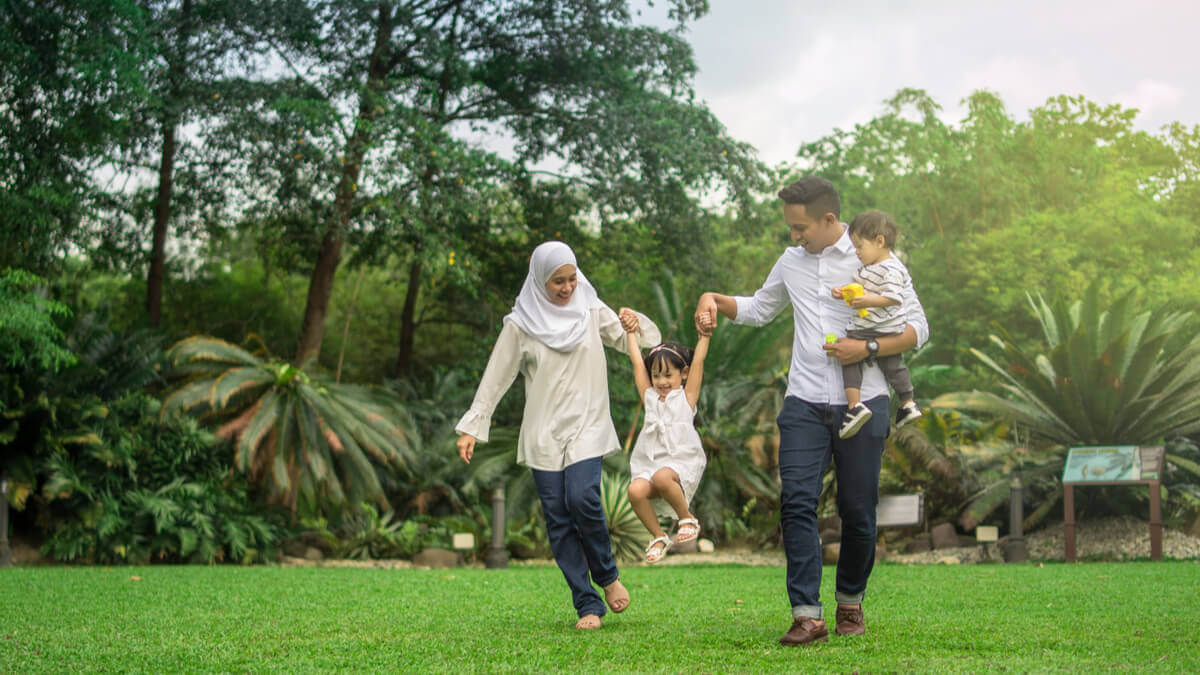
After 5 consecutive years of residency in Malaysia, one can apply to obtain permanent residency (PR) in Malaysia by the following means:
- Investor: Individuals who make substantial investments in Malaysia, such as through the Malaysia My Second Home (MM2H) program, may be eligible for permanent residency.
- Expert: Highly skilled professionals in specific fields, such as scientists, researchers, or specialized technical workers, may be granted permanent residency based on their expertise and contributions to Malaysia's development.
- Professional: Professionals with sought-after qualifications, such as doctors, lawyers, or engineers, can apply for permanent residency in Malaysia based on their professional credentials.
- Point-based system: Malaysia has implemented a point-based system that assesses applicants based on factors like education, work experience, language proficiency, and investment potential. Those who meet the required points threshold can be considered for permanent residency.
- Spouse of Malaysian citizen: Foreign individuals who are married to Malaysian citizens can apply for permanent residency based on their spousal relationship.
These pathways offer different avenues for individuals to secure permanent residency in Malaysia, providing an opportunity for long-term settlement and integration into the Malaysian society and culture.
🇵🇹 Portugal: Pathway to EU Schengen Visa
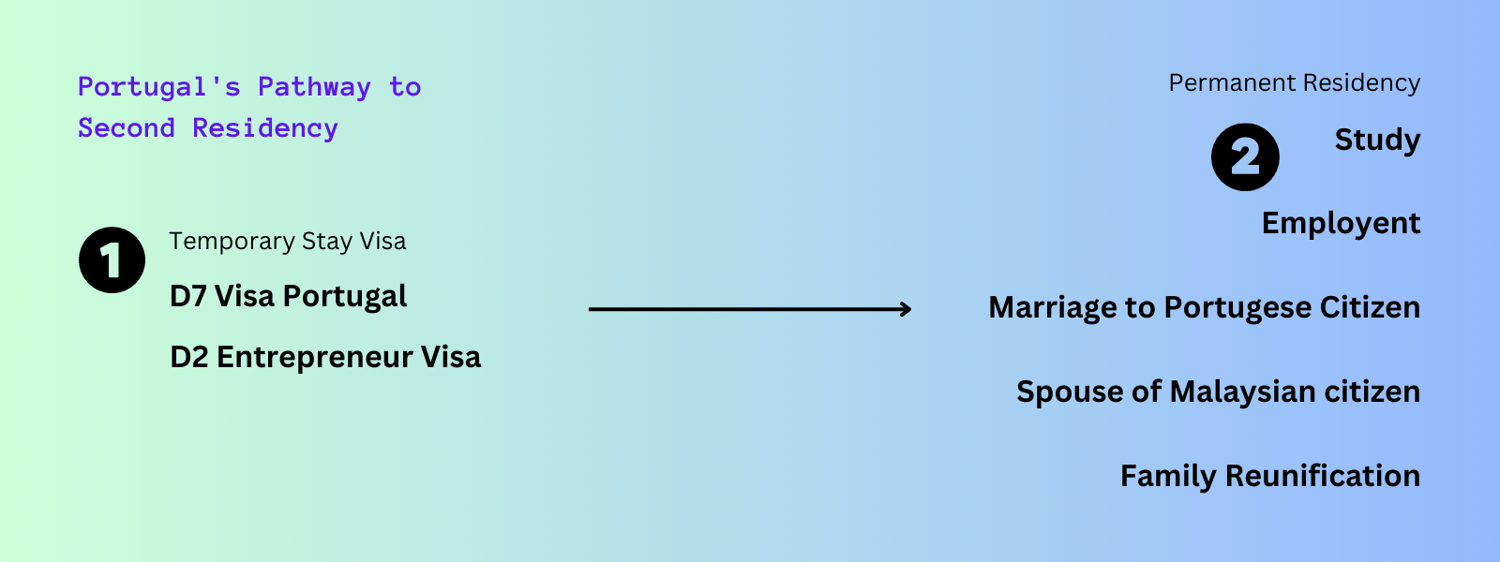
The D7 visa, also known as the Portugal Passive Income Visa, is a residency visa program offered by Portugal. It is designed to attract individuals who have a passive income source and wish to reside in Portugal.
The D7 visa program is particularly popular among digital nomads, remote workers, retirees, and individuals with passive income streams such as investments, rental income, or pensions. It allows them to establish residency in Portugal and enjoy the benefits of living in this beautiful European country.
To qualify for the D7 visa, applicants must demonstrate that they have a stable and regular passive income currently at €9,120 per year. Applicants will need to provide documentation and evidence to prove their income source and its sustainability.
Visa Length: 1 year
Possible to extend? Yes
Who can apply? Location independent workers
Minimum Income Requirements: €9,120 per year
Time for visa applications: 4+ months
One of the advantages of the D7 visa is that it allows visa holders to work remotely or engage in self-employment activities in Portugal. This makes it an attractive option for digital nomads and entrepreneurs who want to take advantage of Portugal's favorable business environment and quality of life.
Once approved, the D7 visa typically grants a one-year residency permit, which can be renewed annually. After five years of continuous residency in Portugal, D7 visa holders may be eligible to apply for permanent residency or even citizenship, provided they meet the necessary requirements.
It's important to note that the D7 visa requirements and procedures may be subject to change, so it's advisable to consult official sources or seek professional guidance when considering this visa program.
Overall, the D7 visa offers a pathway for individuals with passive income to establish residency in Portugal, enjoy its rich culture, favorable climate, and high quality of life while pursuing their personal and professional aspirations.
Other honourable mentions includes Spain, which recently launched New Spain remote work visa allows non-EU/EEA remote workers and freelancers to live and work in Spain for up to 12 months in the first instance, renewable for up to five years. A lesser known visa is the Workcation Retreat Program which allows you to work remotely from Seychelles for up to a year.
Residency or Roam?
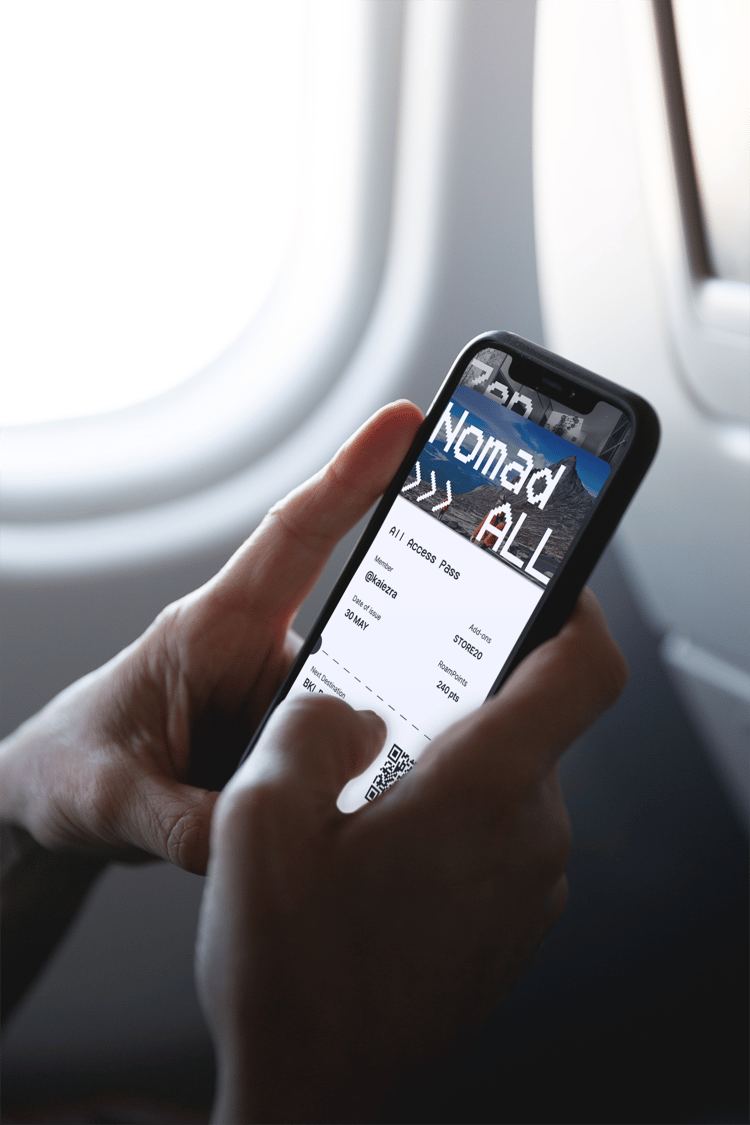
Residency is not mandatory to live and work remotely in another country. Many popular nomad destinations allow you to stay on a tourist visa, as long as you comply with visa regulations. By applying for the Roam Global Passport, you gain the opportunity to:
✔ Experience different live-work-community setups
✔ Discover the optimal environment that suits your needs
✔ Save on expenses related to visa runs and rentals
✔ Live and work in different locations while complying with visa regulations
Explore options before committing to a second residency, which often involves extensive preparation and some residency programs also ties you to a minimum stay in the country.
The Roam Global Passport empowers you to embrace the nomadic lifestyle while providing the flexibility to find your ideal location and community without the immediate need for residency. It's a great way to navigate various options and make informed decisions for your long-term plans.

